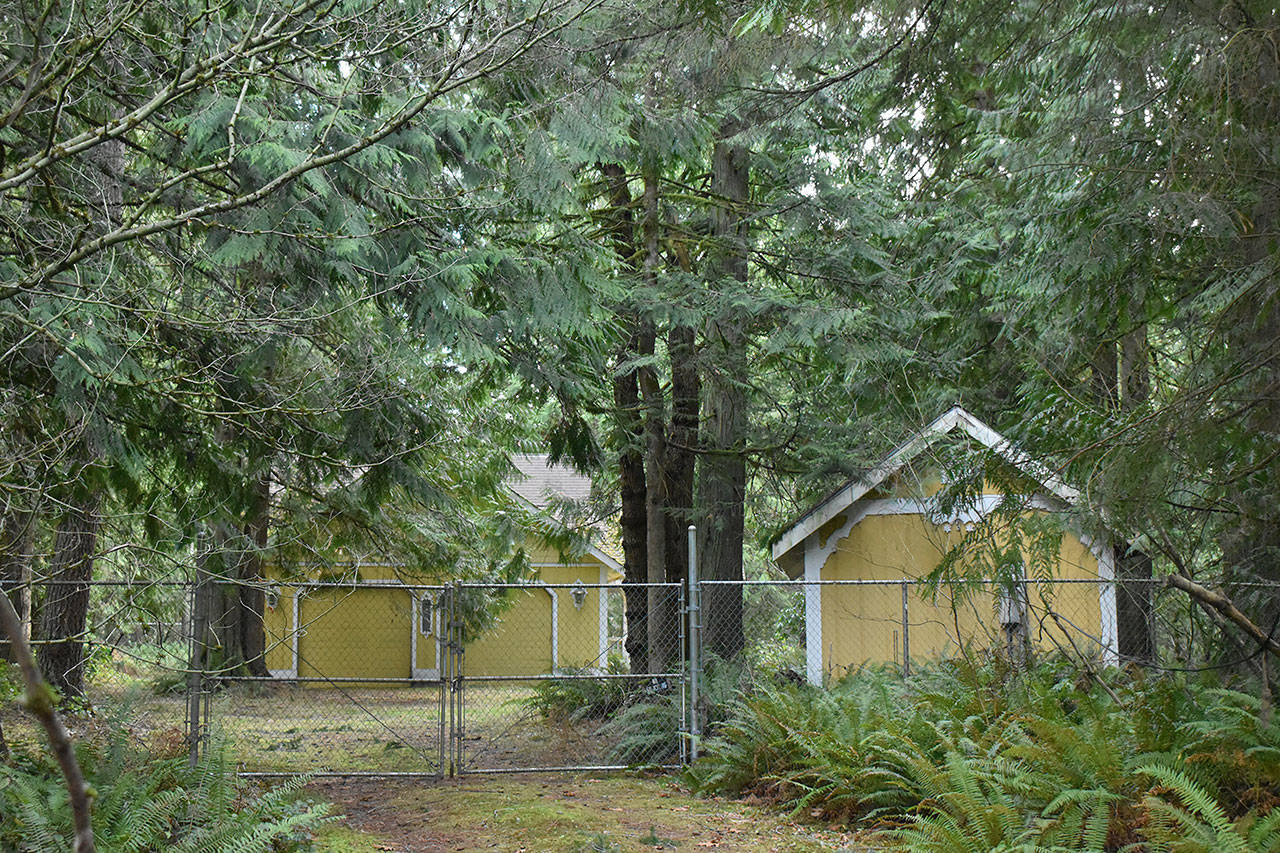Operating a treatment center for adults with drug-abuse issues had been proposed for a wooded parcel of city-owned land. But opponents quickly rallied and, within a couple of weeks, project proponents had scrapped their plans.
Stepping forward with the idea was the local Redemption Rock Ministries, a faith-based, not-for-profit organization. The plan gained traction after being discussed in open session during a Jan. 11 meeting of the Enumclaw City Council. The word spread through social media and culminated during a Feb. 8 council session when both project boosters and foes made their views known.
By the following day, a representative from Redemption Rock had spoken with City Administrator Chris Searcy and confirmed that plans had been called off.
Controversy had erupted due to the planned location of the rehabilitation center. The nonprofit had gone to the city with the idea of using a long-vacant home on the grounds of Anderson Riverview Park, a notion that created instant blowback by nearby property owners along Mud Mountain Road.
The city’s involvement in the 20-acre parcel is traced to late 1989 when Inez Maxey went to Enumclaw Mayor Bob Dennison with an idea: she would deed her property along the river to the city with a couple of provisions; first, she be allowed to build a home on the land and live reside there until her death; and, second, that the acreage be kept in a natural state and forever used by the public for recreational purposes.
Quickly put together, the deal was finalized on New Year’s Eve 1989.
Maxey built her home in 1992 and resided there until her death in 2011. Since that time, the land has been unused and the home has sat vacant. The city put up a fence but, for financial reasons, has not taken steps to improve the grounds. The city website notes that “In the future, the city plans to open the park as a picnic, passive area.”
Redemption Rock Ministries pitched this idea: the nonprofit would make improvements to the home and use it to house individuals recovering from addition. In exchange, residents would develop a trail system on the acreage, which slopes downhill to the White River, so the land could be used for passive, public recreation.
Opposition came quick, most notably in the form of an online petition created on change.org and promoted through the Enumclaw Community Forum on Facebook. The petition claimed the proposed location was too far from basic services (groceries, law enforcement, medical aid, public transportation) and noted that neighboring properties “already suffer from the effects of the Pinnacle Peak parking lot” (vandalism, burglary, increased traffic). The most frequently voiced complaint was that the property was intended solely for public use.
“Allowing the property to be used for any activity other than recreation is in stark contrast to the original intent and contractual obligations,” the petition stated.
The petition had garnered more than 1,700 signatures by the time of the Feb. 8 council meeting and counted more than 2,000 later in the week.
During “public comments” portion of the council session six citizens participated, all voicing their displeasure with the proposal. Also, a question was raised about the transparency of the entire matter: Redemption’s website states that in 2020 a location had been secured and a city relationship formalized.
Prior to those comments, the council had heard its first presentation from Redemption Rock Ministries. Addressing the council were Marcus Kelly (a RRM founder, chairman and pastor at Enumclaw’s New Life Foursquare Church), Tony Ryan (RRM co-founder and a commander with the Enumclaw Police Department, and Jonah Bell, RRM vice president.
Kelly sought to dispel any misconceptions. When hearing of addicts or those in rehab, many people “immediately think of a dirty vagabond,” he said. In reality, he added, “nothing could be further from the truth.” The group’s goal, he said, is to help those with addiction issues regain their place in society by teaching basic life skills and helping with job placement, all while keeping residents free from substance abuse.
Those who were to participate in the RRM program, he said, would submit to drug testing and background checks. Building the park’s trail system would be a way of giving back to the community, Kelly said.
Bell told of his experience with addition, adding that he is now 16 years sober. “We’re asking the city of Enumclaw to step up and take care of its own,” he said.


